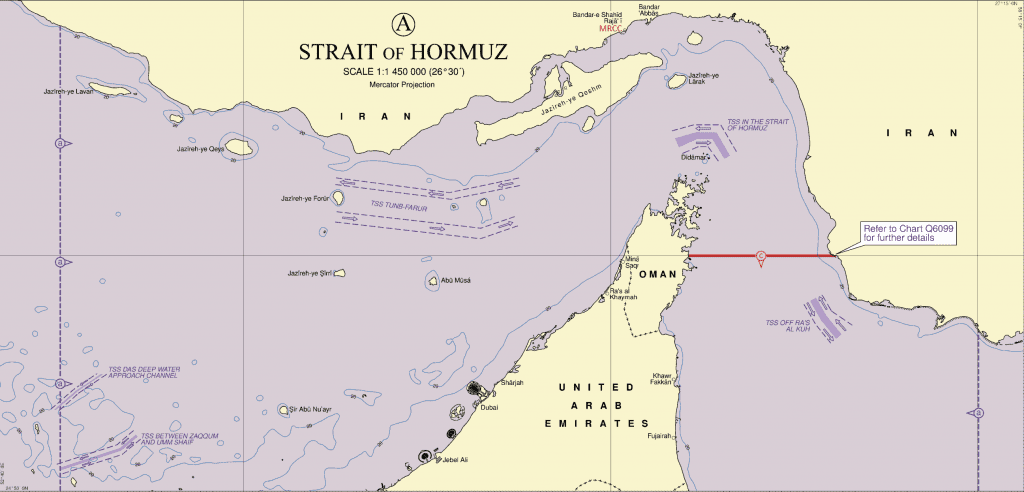Introduction
Further to MM’s recent Risk Bulletin advice to members on shipboard security in the Persian Gulf/Strait of Hormuz/Gulf of Oman, the situation in that region has unfortunately intensified. As a consequence, the US Dept. of Transport, Maritime Administration (MARAD) have issued several advisories directed towards both US flag and other shipping operating in the above noted areas. Subsequent to this, BIMCO, together with the ICS, INTERTANKO and OCIMF, issued a joint “Reporting Guidance for vessels transiting the Arabian Gulf, Straits of Hormuz and Gulf of Oman”. The focus of this MM Risk Bulletin is to raise member awareness of the MARAD advisories and the BIMCO Guidance, together with the importance of ensuring that all recommended reporting and security procedures are adhered to.
Background
The background relating to the current situation in the Gulf region has already been noted in MM’s previous Risk Bulletin. The facts of further developments, as they are currently known, have been widely reported by the media. MM’s concerns and recommendations are therefore directed to MM marine insurance and loss prevention issues only.
MARAD Advisories
MARAD have issued several MSCI Advisories that are relevant to all shipping trading in the Persian Gulf/Strait of Hormuz/Gulf of Oman region. These advisories are available at the links below:
2019 – 004A – Strait of Hormuz – Vessel Boardings by Foreign Military Forces
2019 – 008 – Persian Gulf, Strait of Hormuz, Gulf of Oman –Threats to US and International Shipping
The above Advisories contain MARAD contact information and Advisory subscription links. MM members may wish to subscribe to on-going MARAD updates.
BIMCO, ICS, INTERTANKO and OCIMF “Reporting Guidance”
Most of the information contained in the BIMCO “Reporting Guidance” (a one page document) has already been provided to MM members in MM’s previous Risk Bulletin, inclusive of links to:
UKMTO (United Kingdom Maritime Trade Operations)
BMP 5 (Best Management Practices to Deter Piracy and Enhance Maritime Security in the Red Sea, Gulf of Aden, Indian Ocean and Arabian Sea).
ATP-02.1 (NATO, Naval Cooperation and Guidance for Shipping).
Admiralty Maritime Security Charts Q6099 and Q6111.
However, the BIMCO Guidance does contain other useful information and contact links, inclusive of telephone numbers and e-mail addresses for both UKMTO (British Navy) and USNAVCENT (US Navy) control centres as below.
UKMTO – Tel: +44 2392 222060
E-mail: [email protected]
USNAVCENT NCAGS (24/7 Watch) Tel +973 1785 0084
E-mail: [email protected]
The BIMCO Guidance document ends with the bold text advice that:
“This guidance should be posted on the bridge for ease of access to watch officers and covered in watch hand overs.”
MM recommends that this BIMCO advice be followed on board all MM member ships trading in or passing through the affected areas.
US Central Command and ‘Operation Sentinel’
MM believes it useful to be cognizant of the current US position. A statement released by US Central Command on 19 July 2019 includes the following text:
“U.S. Central Command is developing a multinational maritime effort, Operation Sentinel, to increase surveillance of and security in key waterways in the Middle East to ensure freedom of navigation in light of recent events in the Arabian Gulf region.”
MM members will be aware of the efforts now being made by the US Government to encourage other nations to send their naval vessels to the Gulf area to assist in coordinated joint force patrols. Whether this invitation will result in any acceptances and the realisation of Operation Sentinel remains to be seen. Meantime, pre-existing naval patrol arrangements and information sharing between UK, US and other forces will no doubt continue.
Conclusion and Takeaway
The recent escalation of tensions in the Persian Gulf/Strait of Hormuz/Gulf of Oman region are of course highly regrettable as they impact negatively on both freedom of navigation and international trade. Nor does it seem likely that there is going to be any early resolution. In such circumstances, MM can only encourage its members, their ship managers and Masters to maintain a high level of awareness of all changes to security levels in the affected areas. A risk assessment of change related impacts on the safety of their ships and crews should then be accomplished and shipboard security measures adjusted accordingly.


